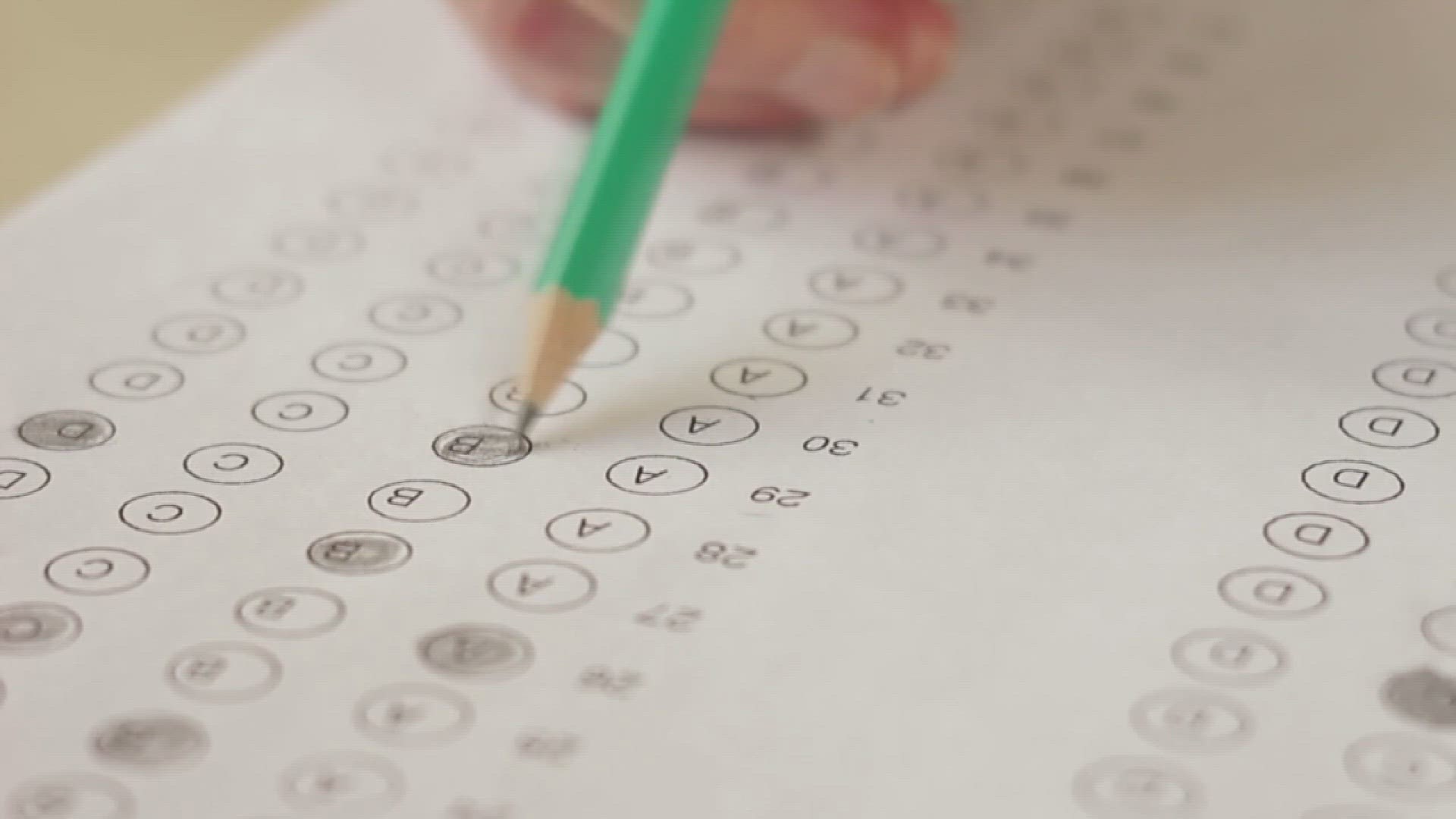KNOXVILLE, Tenn. — Tennessee education leaders released district-level results of the Tennessee Comprehensive Assessment Program exam on Tuesday. Those results revealed that a student's skin color, how much money their parents make and where they live could impact their performance.
"You get told that that's not enough. That you must not be trying hard enough," said Kala Downey, a tutor and co-owner of Tutor Doctor who works with children struggling in school. "If they're struggling in reading, they're struggling in social studies. If they're struggling in reading, they're struggling in science. If they're struggling in math, they're struggling in science."
Results from the TCAP exam revealed that students who are Hispanic or Black scored the lowest in their English Language Arts exams. Hispanic students had a 27% proficiency rate, and Black students had a 22% proficiency rate.
Students on the state exam could "meet" or "exceed" expectations. They could rank as "approaching expectations" or "below expectations." Students who did not at least "meet" expectations were not considered proficient in a subject.
Downey said a parent's income can significantly play a role in whether or not a student can seek extra help in a subject. Tutoring lessons can cost up to $60 per hour.
"If you have four kids, you may not be making enough money to tutor one of them. And how do you look at your children and say, 'Only you are worth tutoring, out of your four siblings who are also maybe struggling?'" she said.
Language barriers could also keep students from succeeding on state exams. If a student is struggling to understand English as a second language, they may not fully understand what is happening inside a classroom.
"If they're working on their math homework and they turn to mom to help them out, but it's a not way she's never learned math. Or, they're trying to write an essay and that's in English, so who's going to proofread their essay?" said Megan Barolet-Fogarty, the Youth & Family Engagement Director with Centro Hispano.
Whether a student lives in a rural or metro area can also impact their performance. Single-parent households are more common in rural areas, impacting whether parents can afford tutoring as well as the kinds of opportunities available for children.

